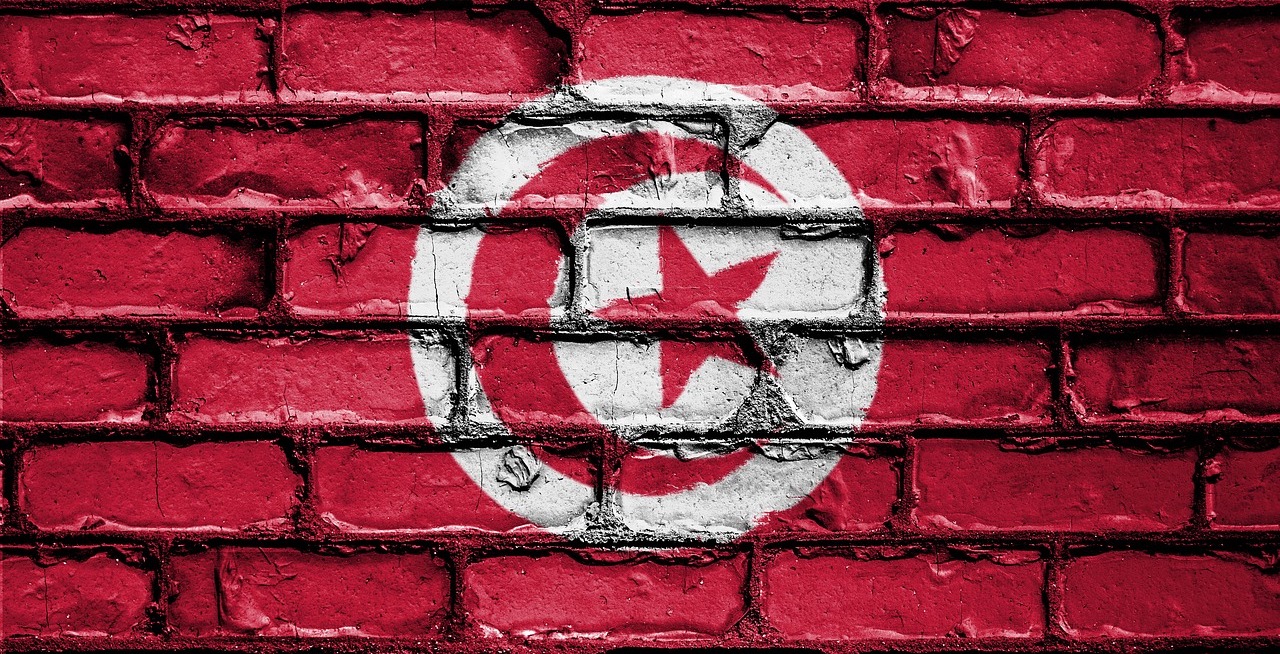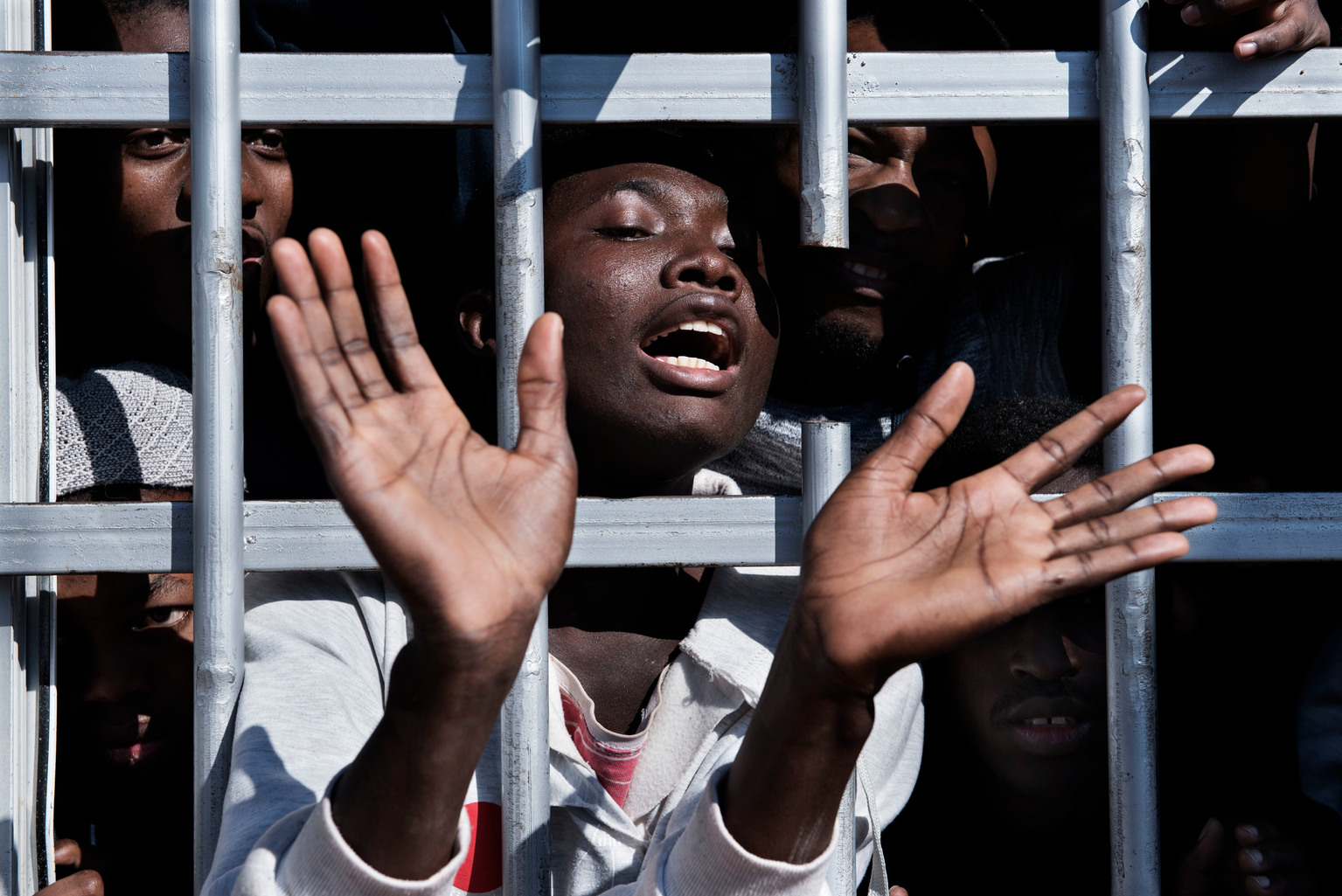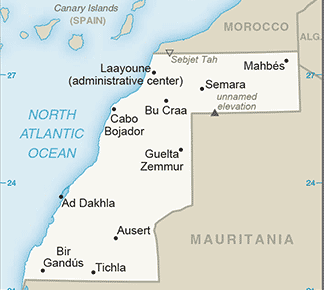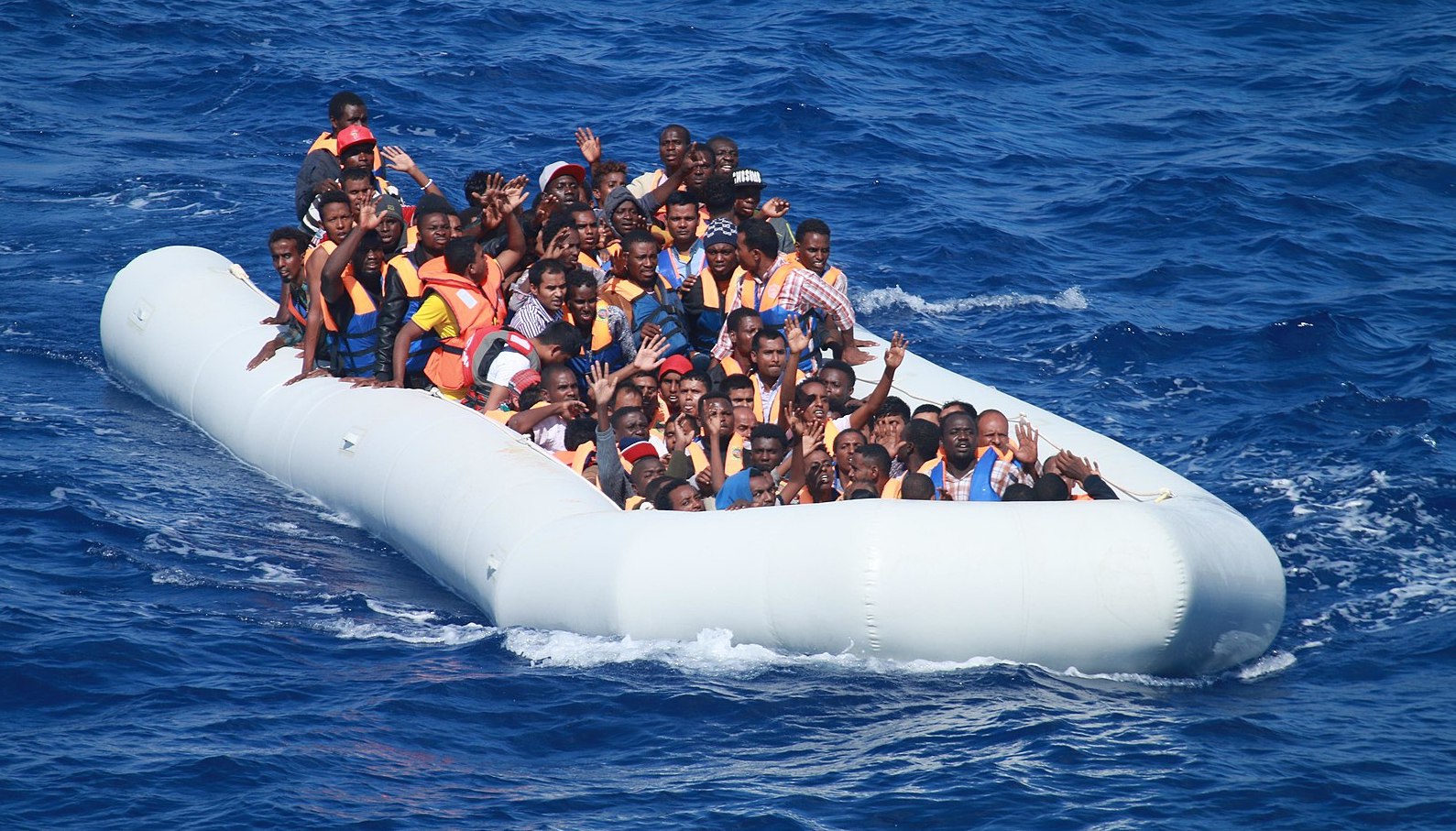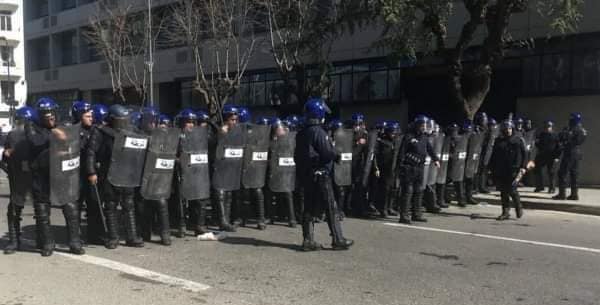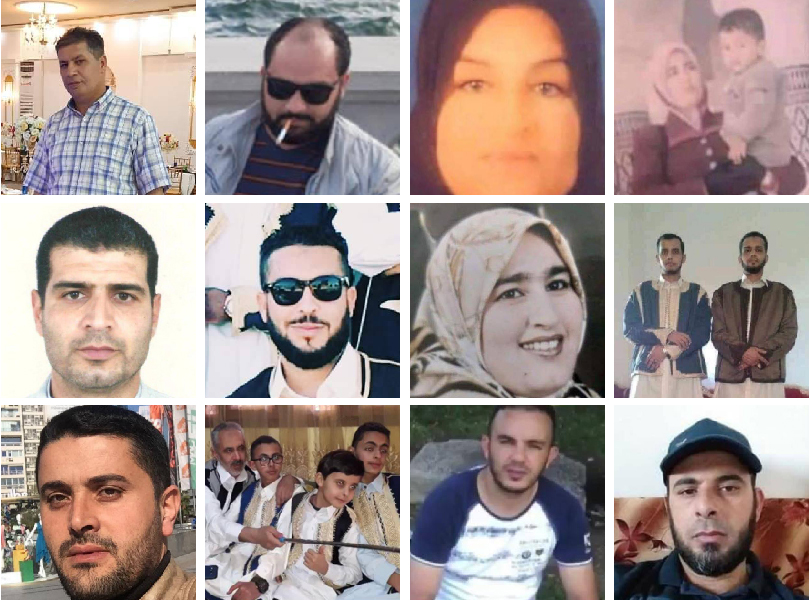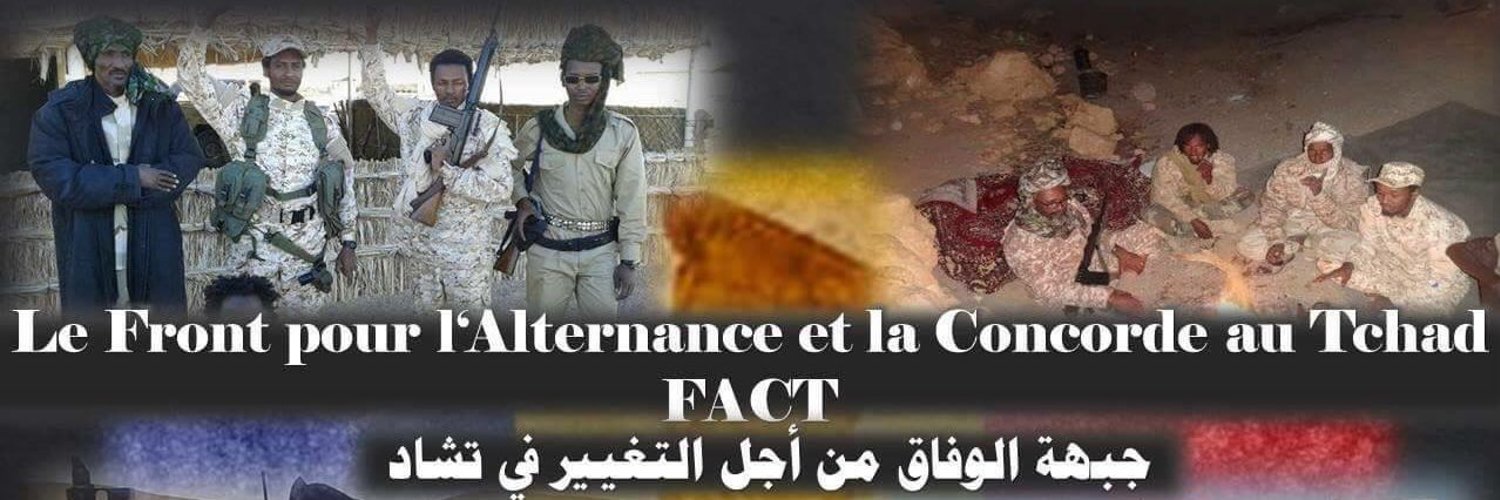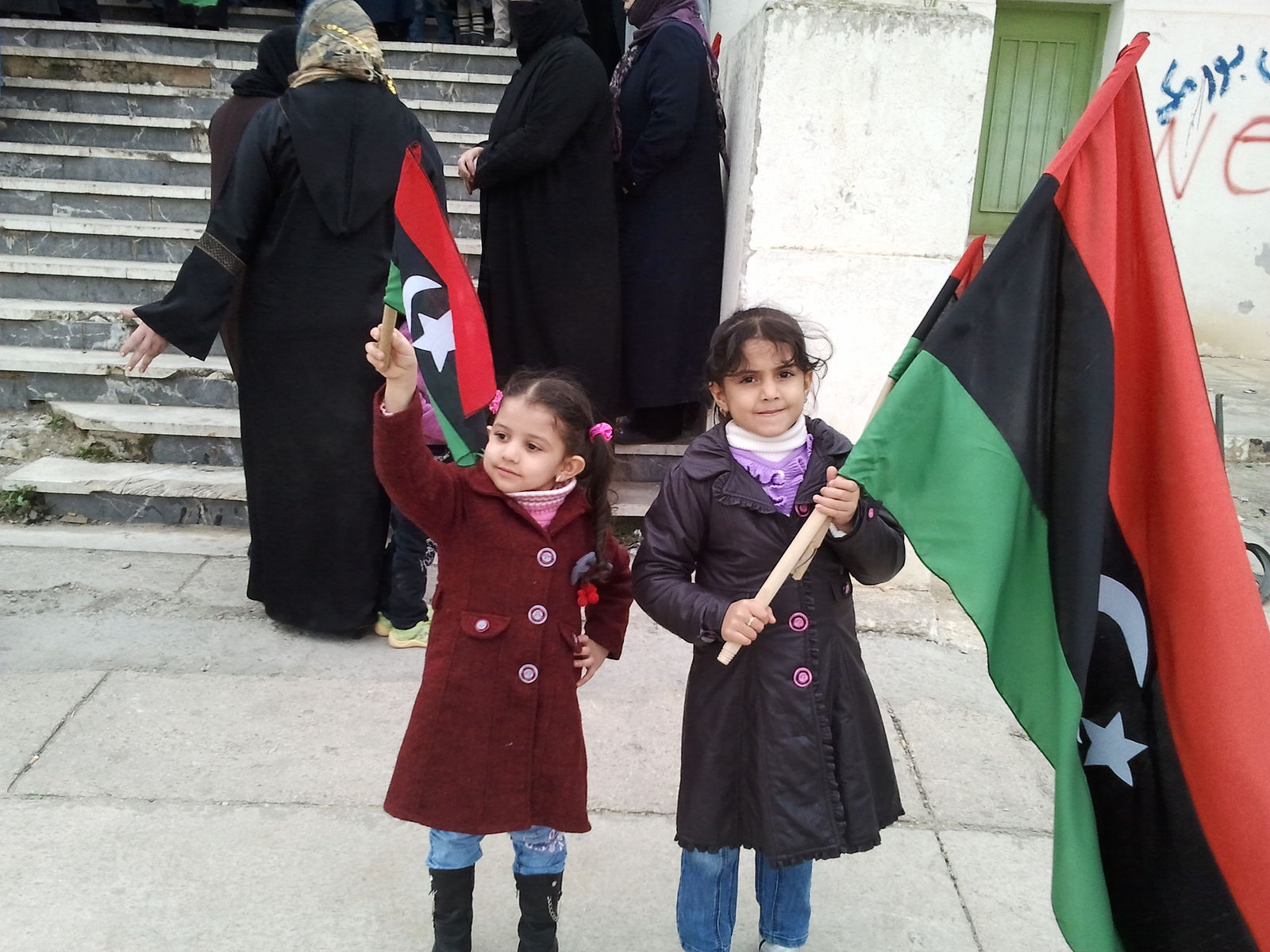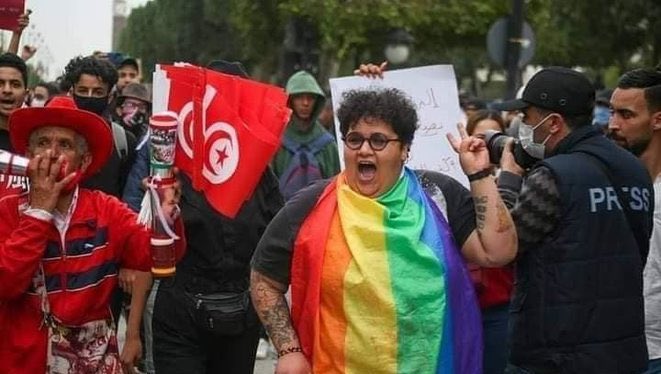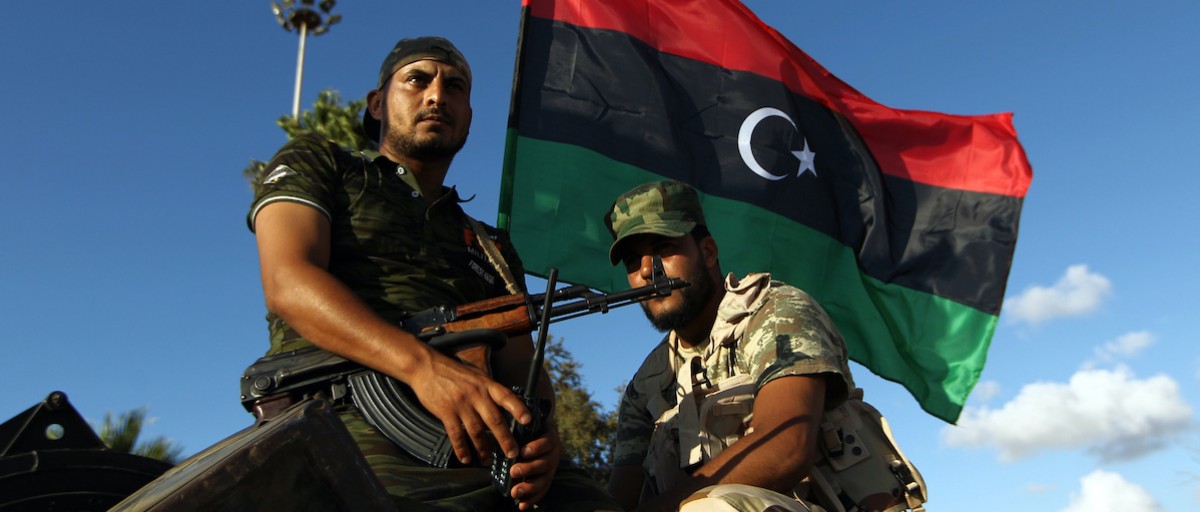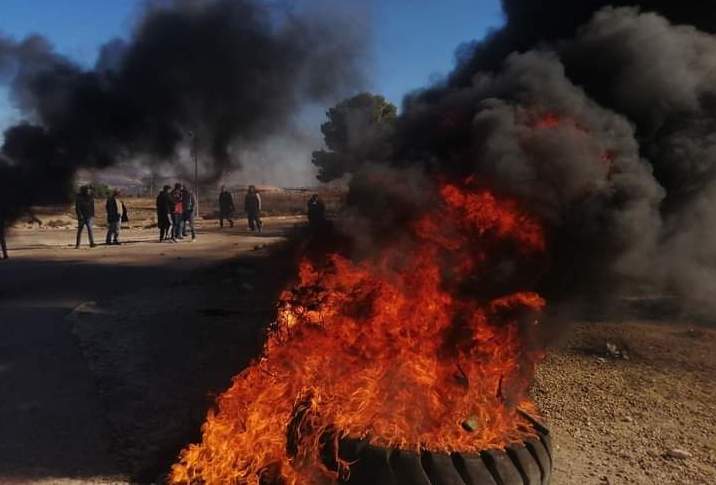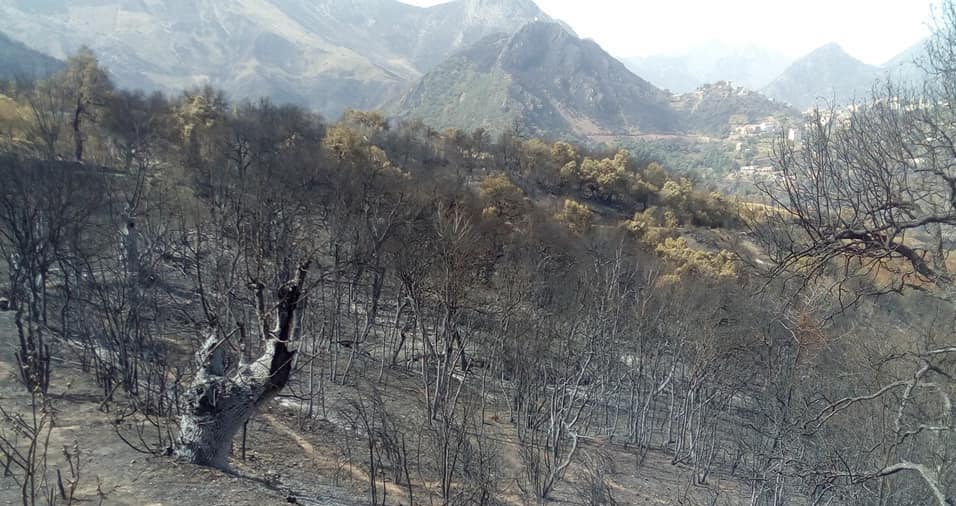
Algiers plays politics with Morocco as Kabylia burns
At least 90 people have been killed in wildfires that have swept through northern Algeria over the past weeks. The blazes have consumed some 100,000 acres, mostly in the northeastern Kabylia region. While remaining silent on the role of climate change, the Algerian government is exploiting the disaster for political purposes. President Abdelmadjid Tebboune said the fires were “criminal” in origin, and blamed them on regional rival Morocco. Authorities have arrested several presumed members of the Kabylia Self-Determination Movement (MAK), a civil organization seeking independence for the predominantly Berber region. The DGSN security agency said the suspects were part of a “terrorist organization.” Last month, Algiers recalled its ambassador in Rabat in protest of Moroccan diplomatic statements in support of self-determination for the Berbers of Kabylia. (Photo via Twitter)



